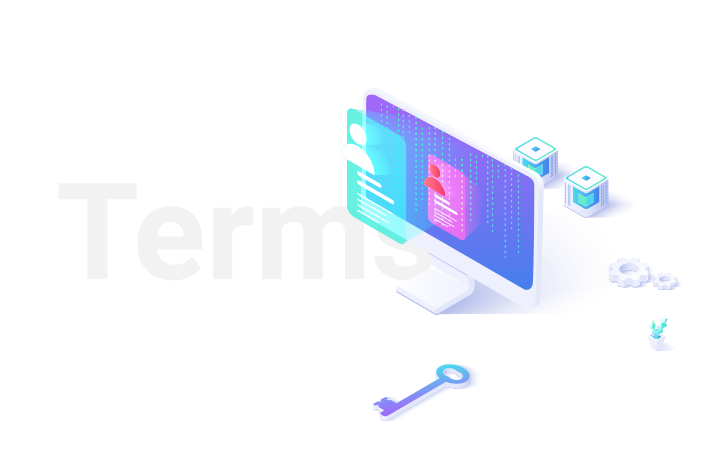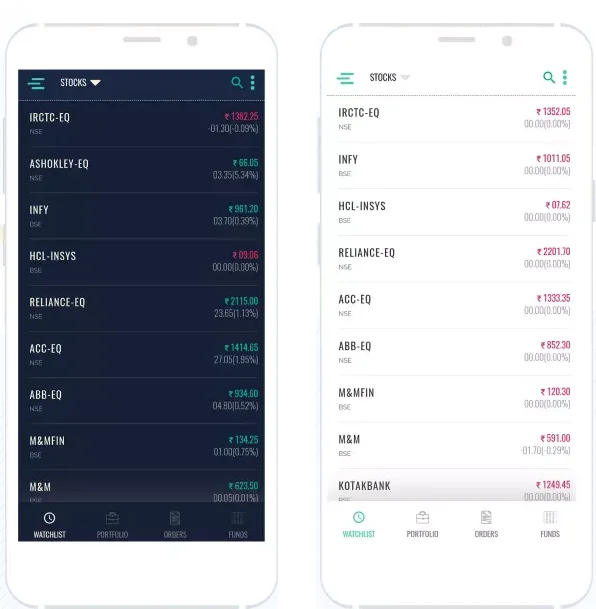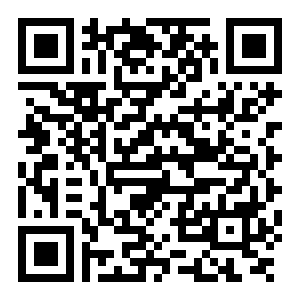Terms to Know About Blockchains

What should I know about blockchain?
Blockchain is a unique technology where information is stored electronically in blocks. Each block in a blockchain has a fixed capacity for data storage. And when a block reaches its maximum capacity for data storage, it is closed and linked to the previously filled block. This ultimately forms a sort of a data chain. And this data chain is where the name ‘blockchain’ is also derived from.
And since the data in a blockchain is duplicated and distributed across the entire network in the blockchain, it is a decentralized manner of storing data. Also, storing data using blockchain technology also tends to be more secure since it is very easy to identify blocks that have been tampered with.
What are the basics of blockchain?
Now that you know what a blockchain is, let’s take a quick look at its basics before moving onto the blockchain terms.
Now, a more traditional database stores data in the form of tables. But blockchain, however, structures the data into blocks that are chained together. In addition to this, all of the blocks in a blockchain are time-stamped to enable easy identification of when the block was added to the chain. And once a block is filled and added to the chain, it cannot be edited whatsoever. It is permanent and can be viewed by anyone. This is the basic structure and working of a blockchain.
That’s not all. Since blockchain is designed to be decentralized, there’s no single entity or entities exercising control over the data or the blocks. Instead, all of the users of the blockchain collectively hold control.
Terms to know about Blockchains
Hope you’re now aware about the basic working of a blockchain. It’s time to get to the main part of the chapter now. Here’s a glimpse of a dictionary of blockchain consisting of a few of the most important terms that you must absolutely know.
-
Genesis Block
Every blockchain always starts with a block. This first block in a blockchain is what is referred to as the Genesis Block. One of the main highlights of the Genesis Block is that it contains rules and configurations governing the blockchain.
-
Nodes
Nodes are basically individual computers that are a part of the blockchain. It is for this reason that nodes are also referred to as blockchain nodes. These nodes are connected to one another via the blockchain network and take part in creating new blocks and filling them with data. And when a block is created, filled, and added to the blockchain, a copy of it is also distributed to all of the nodes in the blockchain.
-
Mining
Mining is the process through which a new block is created and filled with data. Once a block is mined, it is permanent and cannot be reversed, changed, or manipulated in any way. The process of mining is usually carried out by nodes that form a part of a blockchain network.
-
Hash
Every block that’s mined by a node should mandatorily be validated by the blockchain network before being added to the chain. To validate the block, miners are required to find a digital fingerprint or a unique password that accurately identifies the block. This password or digital fingerprint is what is known as the hash.
-
Encryption
With respect to a blockchain network, encryption is the process through which the data in the blocks are encoded. This prevents nodes that are not part of the blockchain network from accessing or reading the data and blocks in the said network. All of the data in a blockchain network would appear meaningless and would be unreadable to nodes outside of the network.
-
Bitcoin
Bitcoin is a virtual currency that utilizes blockchain technology. Instead of storing plain data in the blocks in a blockchain, Bitcoin stores data of financial transactions. Nodes that mine a Bitcoin blockchain network create new bitcoins and are also rewarded with them. To mine new Bitcoins, miners have to solve complex mathematical problems and puzzles.
-
Tokens
A cryptocurrency like Bitcoin doesn’t always have to be purchased in whole units. They can also be bought in fractional units. A token is the smallest unit of a cryptocurrency beyond which it cannot be divided. For instance, 100 million tokens make up 1 Bitcoin.
Summing up
So, that sums up this chapter on ‘terms to know about blockchain.’ If you wish to know the meaning of a few more blockchain terms, make sure to head to the blockchain glossary that’s part of this module.
A quick recap
- This first block in a blockchain is what is referred to as the Genesis Block.
- Nodes are individual computers that are a part of the blockchain network.
- Mining is the process through which a new block is created and filled with data.
- The password or digital fingerprint used to validate a block is known as the hash.
- Encryption is the process through which the data in the blocks are encoded to prevent nodes that are not part of the blockchain network from accessing or reading the data and blocks.
- Bitcoin is a virtual currency that utilizes blockchain technology.
- A token is the smallest unit of a cryptocurrency.


How Would You Rate This Chapter?
Next
Comments (0)